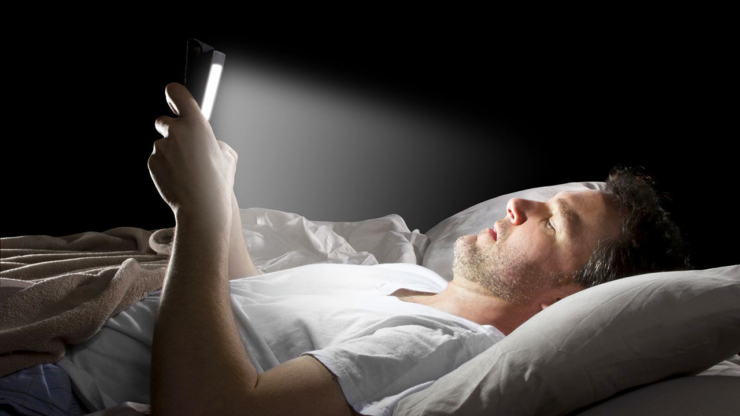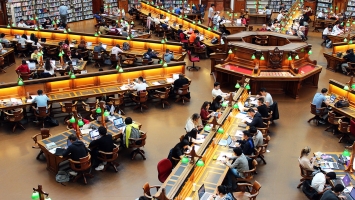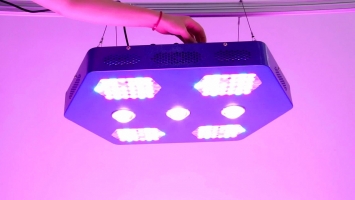
The most important external factor that affect the sleep is light. Most of the people knows that it is easy to sleep at dark. However, the connection between light and sleep is more complex issue.
Light plays a central role to regulate the circadian rhythm which informs the body when to sleep and when t awake. Light also affects the production of melatonin hormone. Light on the other hand, has important affect on sleep cycle.
Electrical lights make it possible to illuminate everywhere and every hour of a day. Artificial light sources become indispensable part of modern life from streetlights to office lighting, from computers to cell phones.
Type of light, amount, and duration that we exposed in daily life has critical affect on sleep. The affects of light on sleep can be examined in three titles as circadian rhythm, melatonin hormone and sleep cycles.
How Does the Light Affect Circadian Rhythm?
Circadian rhythm is 24 hours of internal watch which coordinate many processes in our body. This rhythm is strongly influenced by light. When the light perceived by eyes, some signals are sent to the brain about the time of day. Brain use these signals to control the organs and other systems in our body.
When a person is exposed to only natural light (sunlight), their circadian rhythm synchronizes with sunrise and sunset. Her body is programmed to stay awake during the day and sleep in the dark.
In a modern world people exposed high amount of artificial light. When exposed to artificial light in the evening, the sleep time is delayed, and the sleep cycle begins to deteriorate. When exposed to light in the early hours of the morning, the body begins to wake up earlier.
How Does the Light Affect Melatonin Hormone?
Melatonin hormone produced naturally by body. This hormone determines the sleep time. Epiphysis cerebri in brain start to produce melatonin hormone as a react of dark.
High levels of melatonin cause drowsiness and facilitate sleep. Daily cycles of melatonin production help regulate the circadian rhythm.
Exposing of light may slow down the production of melatonin and may stop it. This makes it difficult to fall asleep at night and causes disruption of sleep patterns.
How Does the Light Affect Sleep Cycle?
A person goes through four to six sleep cycles in a normal sleep. Each sleep cycle takes one or two hours. The first time you fall asleep is when your sleep is the lightest. After that, deep sleep cycle begins. When the waking time approaches, sleep cycle become lighter and begin to wake up.
Exposure to light at night can reduce sleep quality by blocking the transition between sleep cycles. Too much artificial light can cause repeated awakenings at night, interrupting the sleep cycle.
We should avoid bright lights in the evening to reduce the negative effects of light on sleep. Warm lights should be preferred. We should avoid cellphones, tablets and computers couple of hours before sleeping. Get as much natural sunlight as possible throughout the day. While sunlight increases mood and wakefulness during the day, it will positively affect the transition process and quality of sleep at night.







COMMENTS
MAKE A COMMENT